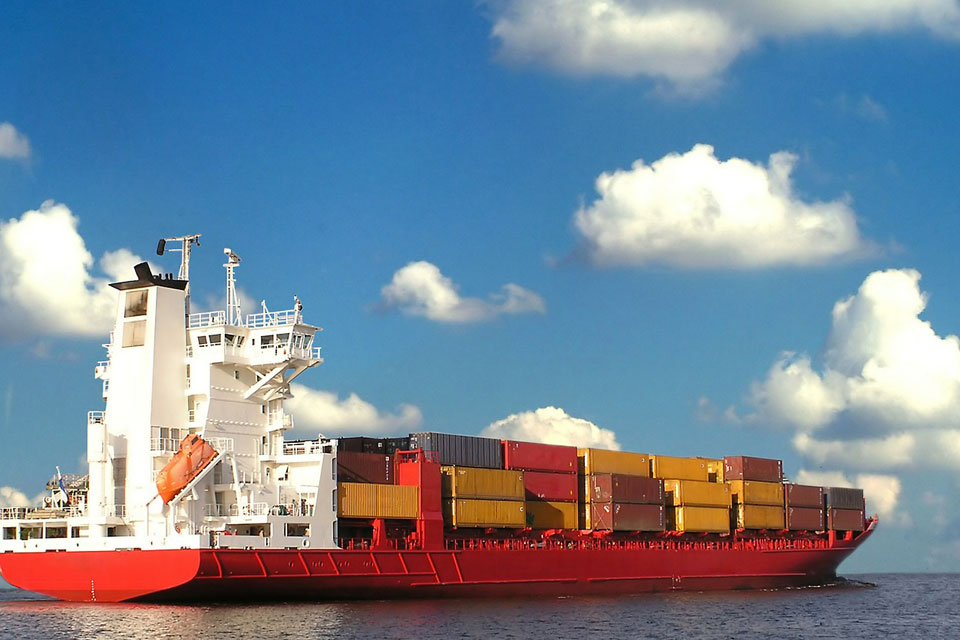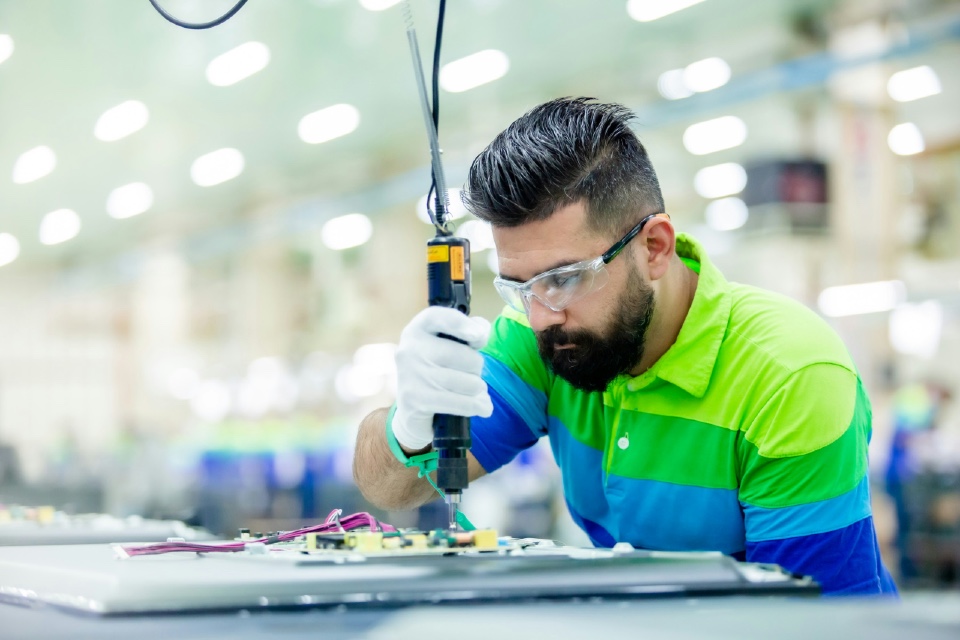More than £4.2 billion of products will be on-shored to the UK by retailers in the next 12 months in a move that would represent a significant fillip to manufacturing, being equivalent to the country’s entire current clothing manufacturing output.
That’s according to a new report by global professional services firm Alvarez & Marsal, in partnership with Retail Economics, that estimates that COVID-19 has created new pressures on retailers, exposing weaknesses in global supply chains and leading many to rethink strategies for the future to remain resilient.
Nearly three quarters (70%) of Europe’s largest 30 retailers say they have conducted a review of their supply chains as a direct result of the pandemic.
Of the same group of retailers, more than half (55%) have already begun to diversify their suppliers, with 29% planning to do so within the next 12 months. 14% are already sourcing more from domestic economies, with almost half (42%) planning to do so in the next 12 months.
Erin Brookes, Managing Director and Head of Retail and Consumer, Europe, A&M said: “COVID-19 has brought about a fresh set of financial and logistical challenges which retailers must overcome while accommodating permanent shifts in consumer behaviour. Our research shows that despite these new pressure points, most retailers are responding at speed, creating new growth opportunities within their domestic economies and protecting against future risk.
“This Christmas will be a major test for this new operating environment. The structural shift towards online will place extraordinary pressure on distribution and in some cases, we are likely to see supply not meeting demand. Meanwhile, new lockdown measures which prevent most physical retail from opening over key sales moments like Black Friday will only exacerbate these challenges. In the next few weeks, retailers will need to deliver a steady flow of online sales to contain the usual last-minute rush.”
The report says retail businesses are being forced to reassess the future of their supply networks and how they can not only meet COVID-19 related challenges, but simultaneously address underlying structural changes to ensure they are future-proofed.
Now the initial shock of the pandemic has resided, businesses and governments are considering how to build back better, with sustainability playing a major role. As European retailers come under increasing pressure to create visible ESG commitments, 70% of the retailers surveyed have already begun changing the way they source products to help meet their goals – with the remaining 30% planning to do so in the future.
Part of these plans also incorporate on-shoring, with 46% stating they already source more from their domestic economies to help meet ESG targets, while 39% suggest they intend to in the future.
Retailers are also increasing their focus on sustainability in response to growing consumer demand for ethically sourced goods. A third (32%)³ of U.K. consumers say they would be prepared to pay more for products sourced from Britain to help meet carbon emissions targets, while a further 35% would if there was no impact on price.
The COVID-19 crisis has put even greater emphasis on using technology to build more resilient supply chains and accelerated trends towards digital trade and e-commerce. Technological innovation and adoption will shape the future of supply chains, helping to streamline operations and drive efficiencies.
Of the retailers surveyed, the majority recognise the need for continued investment into technology, with 77% who are considering investing in digitalisation, 63% in automation and 23% in artificial intelligence.
Tim Waters, Managing Director and European Supply Chain Practice Lead, A&M said: “The impact of the pandemic has been felt throughout retail supply chains across the world. Despite significant distress and disruption, COVID-19 has also acted as a catalyst for change for retail businesses, with evolving consumer behaviour, ESG commitments and technological potential leading new strategic thinking.
“Across all sectors, businesses are looking for ways to rebuild for the better, with sustainability swiftly climbing agendas. Our research highlights that on-shoring operations is already underway for many retailers. Not only will this help to create more ethical supply chains, it will help to manage future risk.”
Away from the pandemic, the uncertain outcome of the ongoing Brexit negotiations will have significant repercussions for UK retailers and their supply chains, with no-deal creating costly delays and interruption. According to A&M’s analysis, a no-deal scenario would create new tariffs of £7 billion for UK businesses, with most of the burden placed on food (17.1%) and clothing (10.6%).
As such, A&M’s research suggests that European retailers are reluctant to commit to any permanent changes to their supply chains until a Free Trade Agreement (FTA) is negotiated between the U.K. and the EU.







